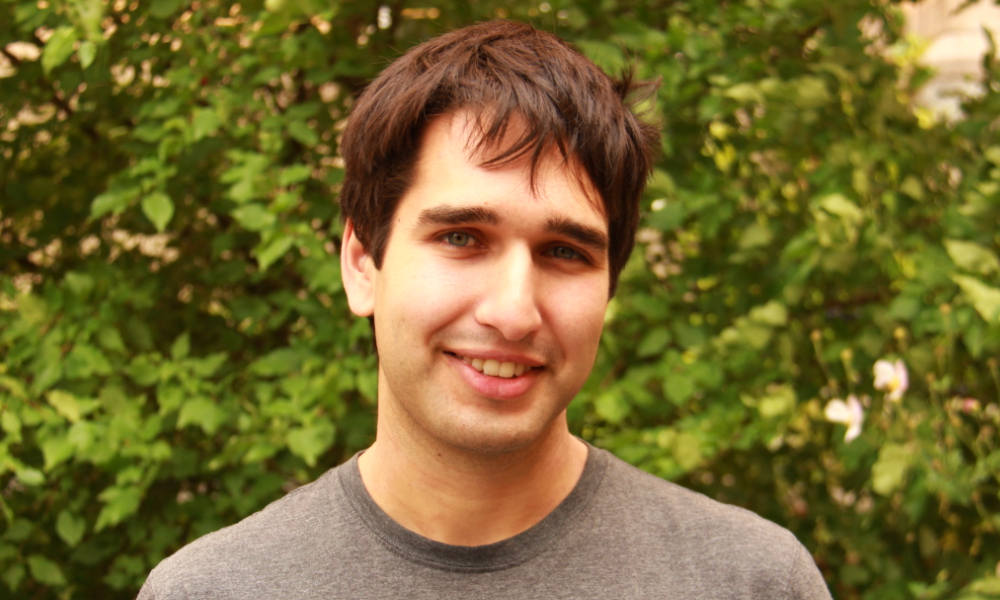Kwinten
Kwinten is am from Canada and he is enrolled in the Electromagnetics, Fusion and Space programme at KTH.

What made you choose KTH?
I did an undergraduate degree in physics but wanted to transition to something more employable and applied. The appeal of this programme for me is that it allowed me to take my physics knowledge and extend it. But this degree goes in a more applicable direction while still being very theory based. The result is that you still get to study physics but have more options once you graduate.
What are your impressions of Stockholm and Sweden?
Stockholm and Sweden are fine. I wouldn’t say it’s better than home, but it’s a chance to live abroad for a while and experience a different culture. I appreciate how developed the public transit and indoor sports facilities are for the winter months. They are essential for staying active and sane through the winter months.
Are there any differences between studying at KTH and your home university?
There are a few differences between studying here and my home university. The number of courses you are taking at a time for one. I also get the impression that there is a stronger focus on mathematics than there was at my undergraduate university. Though part of that may be the difference between undergrad and master's programmes.
What is your best memory from your time at KTH so far?
My favourite thing about KTH is not KTH itself but the location. The campus sits between the edge of downtown Stockholm and a large park. If you pick the right place to live, your commute literally consists of cycling through a park for a few minutes.
I would say the thing I like the most about KTH classes is the course schedule. Here you will normally only take two classes at a time. This allows you to focus on the two topics and learn them quickly rather than juggling six different courses at the same time, all on their own schedule. This leads to a steadier and less stressful workload over the semester.
What would you like to say to students thinking of choosing KTH for master’s studies?
If you would like to study something that sits on the border between physics and engineering, then this programme will be of interest to you.
What do you see as the most significant aspects of your programme?
I am hoping that the most significant part of the programme is the project and thesis, which are yet to come. I understand the value of classes for developing new skills and knowledge, but I personally find projects to be more interesting and satisfying.
